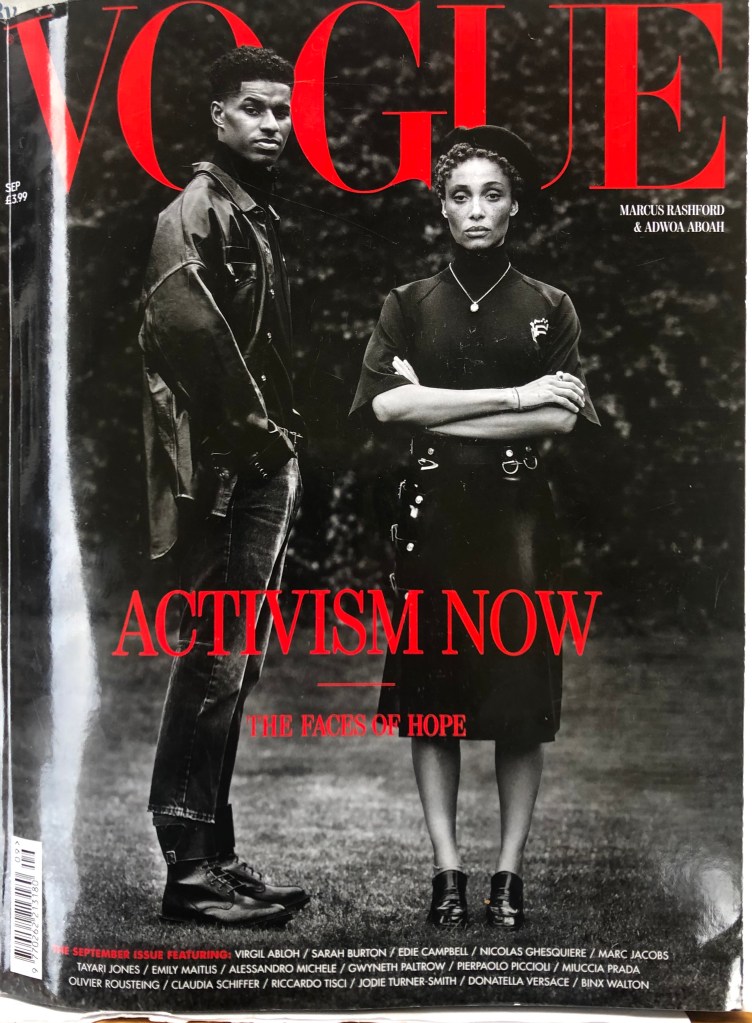‘Rule, Britannia,
Britannia rules the waves,
And Britons never, never, never
Shall be slaves.’
The fuss about not having the words to ‘Rule, Britannia’ and “Land of Hope and Glory“ at the Last Night of the Proms this year is not something which should be dismissed as “cringing embarrassment about our history“, as the Prime Minister, Boris Johnson, has described it.
This is not something which only bleeding-heart liberals, so-called, have raked up; it is, though, a surprise. These quasi-national anthems, thumpingly delivered to 6,000 people in the Royal Albert Hall, are deeply embedded in our culture. It feels a bit unnatural to be parsing them in detail to see what they actually mean.
They are surely, it will be said, just harmless noise, collectively joined in by everybody at occasions like the Last Night of the Proms, where we celebrate our Britishness. Why make a fuss? The problem is that when the Prime Minister talks about our stopping ‘our embarrassment about our history’, we ought to ask, “Who are ‘we’, who are being told not to be embarrassed about ‘our’ history?”
Nesrine Malik, of the Guardian, has written a very cogent article (see https://www.theguardian.com/commentisfree/2020/aug/24/british-hypocrisy-migrants?CMP=Share_iOSApp_Other) about British hypocrisy in the context of questions of race. There is widespread support for the idea behind Black Lives Matter; and I think that most British people are appalled at what has come out about the WINDRUSH scandal; but, as Nesrine Malik has pointed out, very few people seem to make the connection between Black Lives Matter, racial profiling by the police, the ‘hostile environment’ so-called (euphemistically retitled the ‘compliant’ environment) pursued by the Home Office in relation to immigration, and the fact that there is a huge majority in parliament for the party which is responsible for these reprehensible policies. This has done nothing to improve the lot of black people, and indeed the situation is arguably worse now.
So who are “we”, for whom Boris Johnson thinks “… it’s time we stopped our cringing embarrassment about our history”? And who are the ‘Britons’ who ‘never … shall be slaves’? I’ve been to the Last Night of the Proms. There were very few black people there. To the extent that a cultural tradition is being celebrated it is not the cultural tradition of everyone in the UK. The ‘we’ that Boris Johnson refers to are not black Britons. To “rule the waves” (something which modern maritime law, for reasons of safety at sea, makes very difficult in the English Channel, for example), is an expression which can only make sense in the context of empire.
But why on earth should one nation have any right to rule over any others? This is a completely outdated concept, susceptible to the usual zero-sum analysis: forasmuch as it is good to rule, it is correspondingly worse to be ruled – and in this country today we have representatives who have experienced both.
Only one side could worry about having any ‘cringing embarrassment’ about their history. For the other side, their history is all about the indignities of being ruled.
By all means let us learn about it, not in unthinking celebration, but in the same way that Germans are encouraged to ensure that they do not forget the history of the Holocaust. By the same token, we should not forget what we did to our colonial subjects in the past.
You see, it’s absolutely vital to identify your point of view.
If you are a white Anglo-Saxon you have a view of history which is entirely different from what a black person of African or Indian or West Indian heritage will have. Neither white nor black is inherently more worthy.
So if people come forward to say that it is wrong to suppress ‘wholesome songs which draw the nation together’, such as ‘Land of Hope and Glory’ and ‘Rule, Britannia’, this should be challenged. They do not draw all the nation together, but only some of it, the white Anglo-Saxon bit. The others, a substantial minority, are not drawn together so much as repelled and made to feel alien in their own country.
I freely admit that, because I am an elderly white Anglo-Saxon, it hadn’t occurred to me that there was a bad side to ‘Rule Britannia’ and ‘Land of Hope and Glory’. But (apart from the fact that they are hopelessly corny, and ‘Land of Hope and Glory’ is horribly pompous) they are bad; in the light of our raised consciousness now, perhaps as a result of Black Lives Matter, we know better. Just as racist football chants have been outlawed on the terraces, middle-class colonialist racist and nationalist anthems equally should be put aside.
Surely there is a challenge for the Poet Laureate or another poet – Roger McGough, say – to bring out some new words to the old tunes. What would a modern ‘Rule Britannia’ celebrate? Surely not world domination.
Instead, a national anthem (or its surrogate) should surely be celebrating our friendship with other nations and our reliability as trading partners; our upholding the rule of law, both internally and internationally; and our charitable outlook, welcoming refugees. Now where is John Betjeman, when we need him most?
Hugh Bryant

